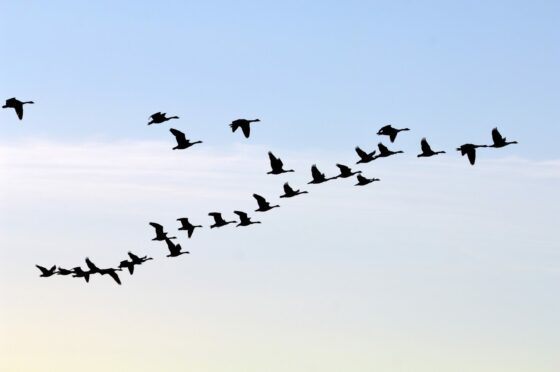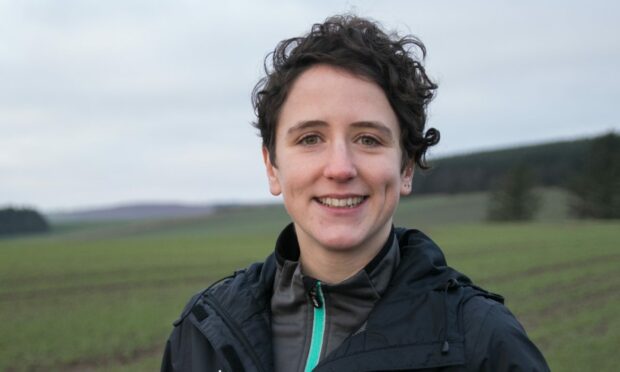Bird flu has been discovered in a flock of kept animals in Angus, it has been confirmed.
All birds on the infected premises are to be culled and a control zone has been set up around the area in bid to stop the disease spreading.
The risk to human health is very low, the Scottish Government insists.
It follows cases of avian influenza (bird flu) elsewhere in the UK in recent weeks.
Rural affairs secretary Mairi Gougeon said: “With the recent disease confirmations in wild and captive birds in the UK, it is not unexpected for avian influenza to be found in birds here.
She added: “Temporary control zones have been put in place around the infected premises and we ask that the public remain vigilant and report any findings of dead wild birds.”
Infection control
Infection prevention measures include temporary control zones three and 10 kilometres around the site, which has not been identified.
Within the zones, there are restrictions on the movement of poultry, carcasses, eggs, used litter and manure.
Food standards bodies advise that bird flu poses a very low food safety risk and cooked poultry products including eggs are safe to eat.
In a bid to stop the spread, chief veterinary officers in Scotland, England and Wales have declared an avian influenza prevention zone across Britain to reduce the risk of the disease spreading amongst poultry and captive birds.
It does not include house birds.
Anyone who keeps birds must now, by law, follow strict biosecurity measures to help protect their flocks such as restricting access for non-essential people and changing clothing and shoes.
The risk level for bird flu in wild birds in the UK has now been raised to high. For poultry and captive birds it has been raised to medium.
Further tests
Sheila Voas, Scotland’s chief veterinary officer, said: “We are conducting further tests to establish the pathogenicity of avian influenza H5N1 in a flock of birds in the Angus constituency.
“We have already made clear that all bird keepers – whether major businesses or small keepers with just a few birds – must ensure that their biosecurity is up to scratch to protect their birds from disease.
“Keepers who are concerned about the health or welfare of their flock should seek veterinary advice immediately.
“Private vets, or the local animal and plant health agency office, will also be able to provide practical advice on keeping birds safe from infection.
“If a single dead wild waterfowl (swans, geese or ducks), a single dead bird of prey, or five or more dead wild birds of any other species (including gulls) are found at the same place at the same time, this should be reported to Defra’s national helpline.
“Do not touch or pick up any dead or visibly sick birds.”

